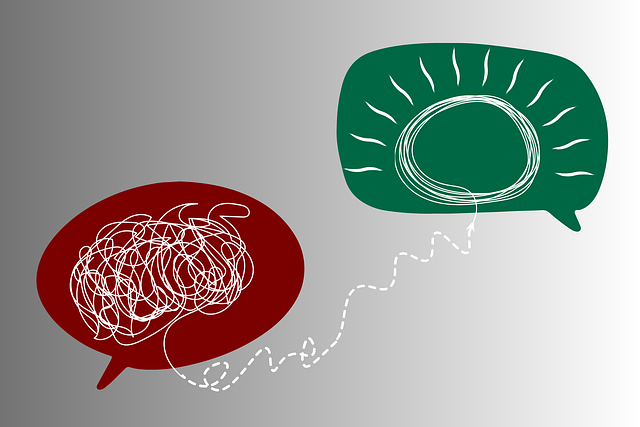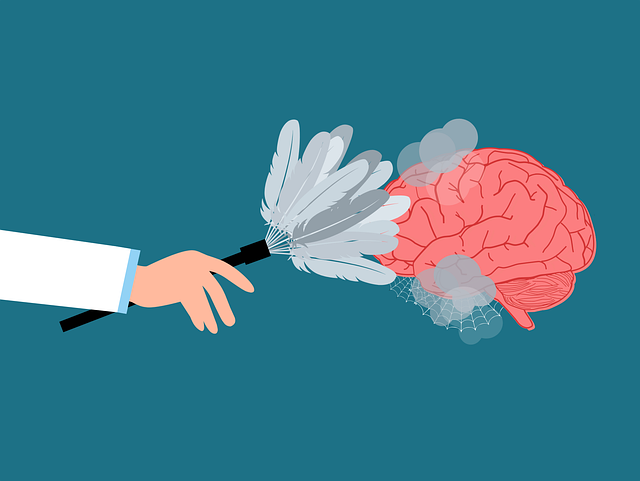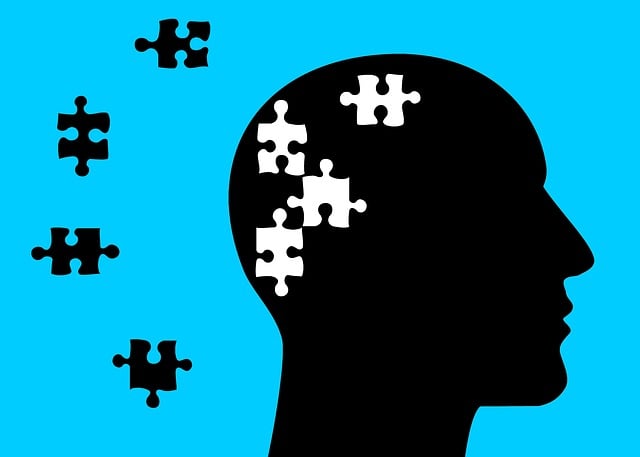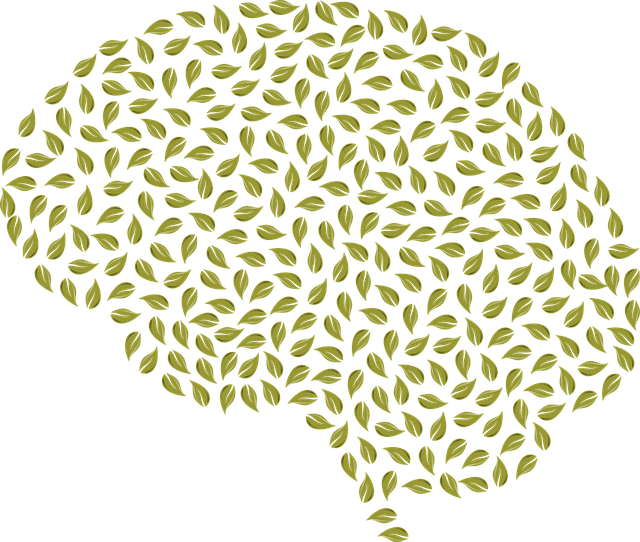Wheat Ridge Mental Health Evaluations & Therapy introduces the RFM (Resilience, Flexibility, Mastery) approach to significantly improve mental health. This holistic method teaches individuals to adapt and thrive despite adversity, focusing on building resilience, flexibility, and emotional mastery. Through evidence-based techniques, comprehensive evaluations, and personalized exercises like mindfulness meditation, clients gain effective coping strategies for stress, anxiety, and depression. Real-life success stories highlight the profound impact of RFM in trauma recovery and overall well-being, emphasizing Wheat Ridge's Trauma Support Services and Stress Management Workshops.
“Explore the powerful synergy of Resilience, Flexibility, and Mental Health (RFM) through this comprehensive guide. We delve into how RFM exercises, assessed through advanced Wheat Ridge Mental Health Evaluations, can transform therapy sessions. Learn about the profound impact on clients’ resilience and well-being. Discover strategies to integrate these evaluative findings into therapeutic practices for optimal results. From understanding RFM’s role to real-life success stories, this article offers valuable insights into enhancing mental health care.”
- Understanding RFM and its Role in Mental Health
- The Impact of Resilience Building Exercises
- Wheat Ridge Mental Health Evaluations: A Comprehensive Approach
- Strategies for Incorporating RFM into Therapy Sessions
- Real-Life Success Stories: RFM in Action
Understanding RFM and its Role in Mental Health

Understanding RFM (Resilience, Flexibility, and Mastery) and its Role in Mental Health is a pivotal step in enhancing one’s well-being, especially when supported by professional evaluations like those offered at Wheat Ridge Mental Health. This approach recognizes that building resilience isn’t just about overcoming challenges but also about cultivating the ability to adapt and thrive in the face of adversity. By focusing on these three key components, individuals can develop a robust self-care routine for better mental health.
Resilience involves learning to navigate life’s twists and turns with a sense of purpose and equilibrium. Flexibility equips us to adjust our perspectives and behaviors when faced with change or stress. Mastery, on the other hand, empowers us to take control of our thoughts and actions, fostering confidence and a positive self-image. When combined, these elements form a powerful toolkit for managing mental health issues effectively, backed by expert Trauma Support Services and tailored to individual needs. Moreover, adopting a Self-Care Routine Development strategy can significantly boost one’s confidence and resilience, leading to improved overall well-being.
The Impact of Resilience Building Exercises

Resilience building exercises have a profound impact on individuals’ ability to navigate life’s challenges. These practices, often integrated into Wheat Ridge Mental Health evaluations and therapy sessions, empower clients to develop mental fortitude and adapt to adverse situations with greater ease. By fostering positive thinking and reinforcing mind over matter principles, these exercises help in reshaping one’s perspective, enhancing emotional regulation, and cultivating a more optimistic outlook.
In the context of Wheat Ridge Mental Health Education Programs Design, resilience training goes beyond mere coping mechanisms; it equips individuals with transformative tools to confront and overcome adversity. Regular participation in such programs not only improves overall mental health but also paves the way for personal growth and enhanced well-being, enabling participants to lead more fulfilling lives.
Wheat Ridge Mental Health Evaluations: A Comprehensive Approach

Wheat Ridge Mental Health Evaluations offer a comprehensive approach to understanding and addressing individual mental health needs. This process involves a thorough assessment that delves into various aspects of an individual’s psychological well-being, including their thoughts, feelings, behaviors, and overall functioning. By employing evidence-based techniques and tools, therapists gain valuable insights that inform personalized treatment plans.
These evaluations go beyond simply diagnosing disorders; they aim to identify strengths and resources as well. This holistic perspective equips individuals with effective coping mechanisms for managing challenges like stress, anxiety, and depression prevention. Moreover, the findings support risk management planning for mental health professionals, enabling them to provide targeted interventions and facilitate clients’ journey towards resilience building.
Strategies for Incorporating RFM into Therapy Sessions

Incorporating RFM (Resilience, Flexibility, and Mindfulness) into therapy sessions can significantly enhance traditional Wheat Ridge Mental Health Evaluations. Therapists can start by integrating confidence-boosting exercises tailored to each client’s needs. For instance, encouraging clients to identify and challenge negative self-talk during mindfulness meditation can empower them to navigate life’s challenges with greater resilience. This approach not only strengthens their emotional coping mechanisms but also improves overall mental well-being.
Furthermore, communication strategies play a pivotal role in RFM exercises. Therapists should guide clients through active listening practices and encourage open dialogue about their experiences. By fostering an environment where clients feel heard and understood, therapists can help them develop healthier relationships and improve their ability to adapt to various situations, ultimately promoting greater resilience. These communication strategies are essential for building a strong therapeutic foundation that supports long-term mental health goals.
Real-Life Success Stories: RFM in Action

Real-life success stories offer a compelling glimpse into the transformative power of RFM (Resilience, Flexibility, and Mastery) in action. These narratives showcase individuals who have successfully navigated challenging circumstances, often involving trauma, by adopting strategies that foster resilience and emotional well-being. At Wheat Ridge Mental Health Evaluations & Therapy, for instance, clients have reported significant improvements in their ability to cope with stress and adversity after engaging in RFM exercises tailored to their unique needs.
Many of these success stories highlight the importance of self-care routine development for better mental health. By participating in Trauma Support Services and Stress Management Workshops organized by Wheat Ridge, individuals have learned effective techniques to manage stress, build emotional flexibility, and cultivate a sense of mastery over their lives. These workshops not only equip participants with valuable tools but also create a supportive community where sharing experiences and learning from one another reinforces the benefits of RFM practices.
Resilience, as demonstrated through RFM exercises, plays a pivotal role in mental health improvement. By integrating these strategies into therapy sessions, practitioners can equip individuals with powerful tools to navigate life’s challenges. The Wheat Ridge Mental Health Evaluations provide a comprehensive framework, offering a structured yet adaptable approach to resilience-building. Real-life success stories showcased in this article highlight the transformative potential of RFM, inspiring further exploration and implementation within therapeutic practices.














